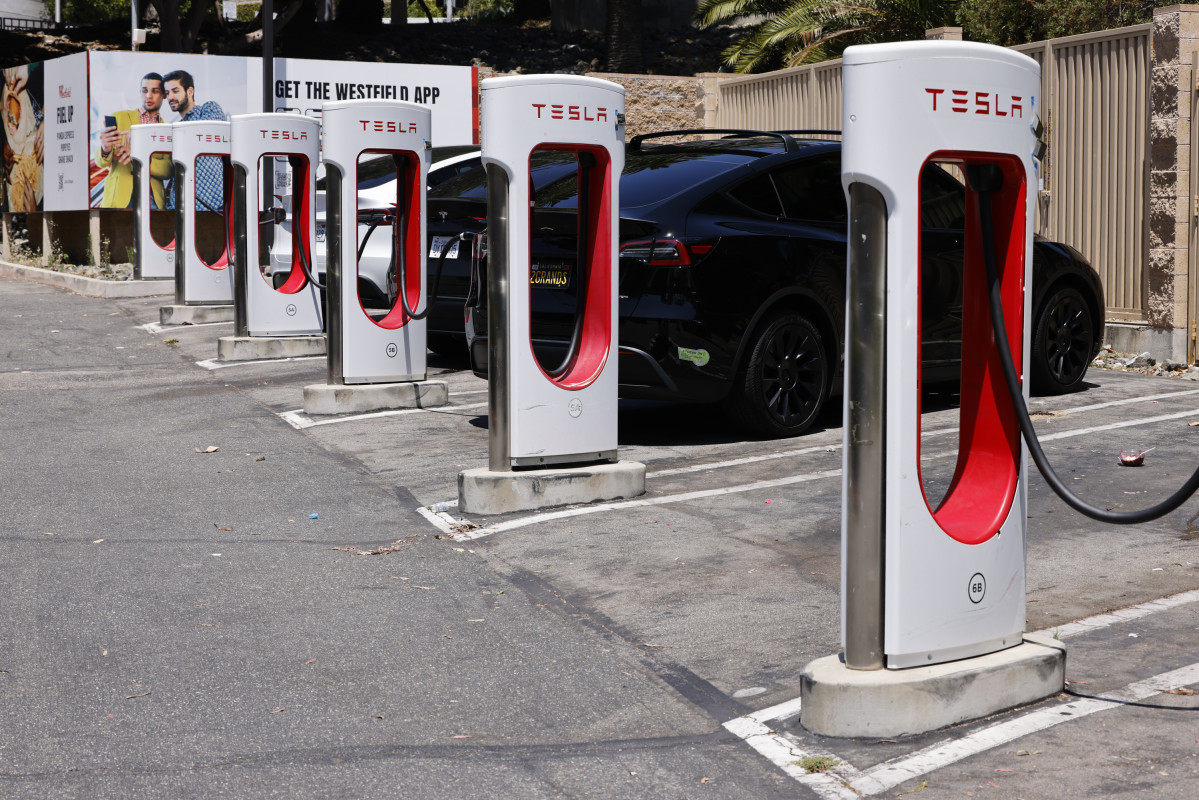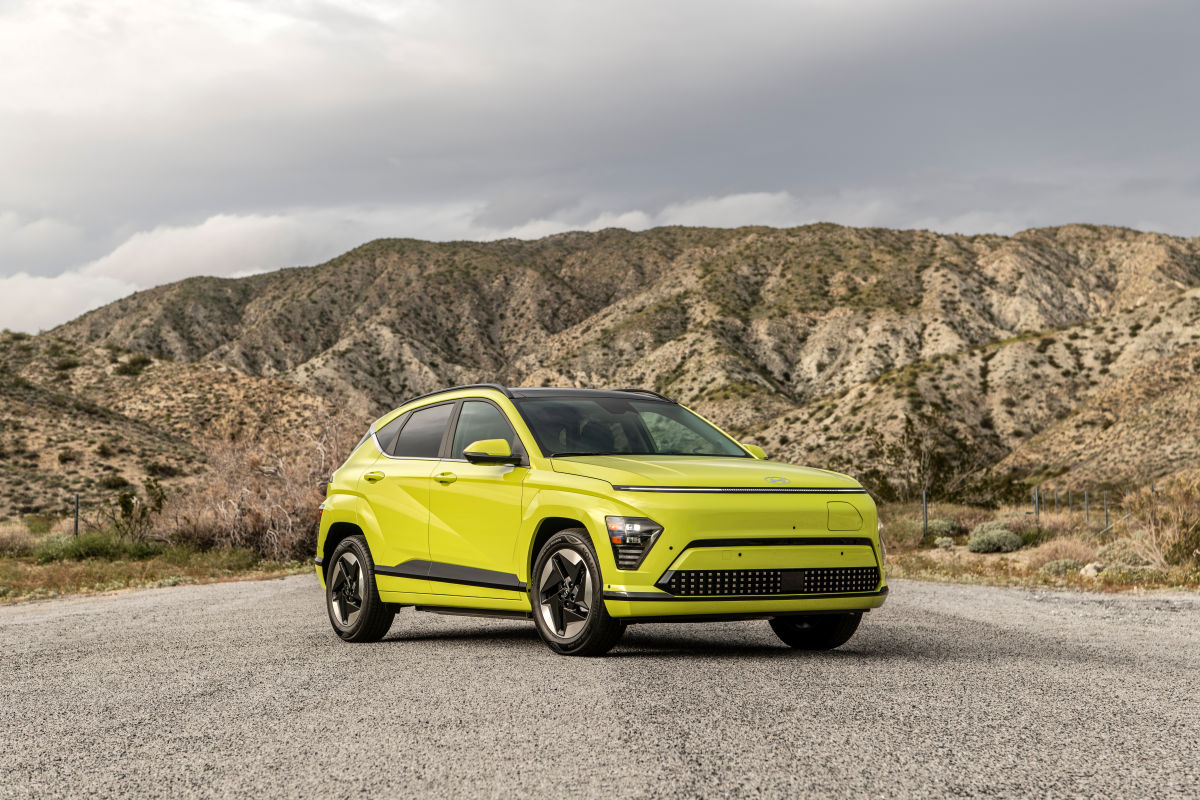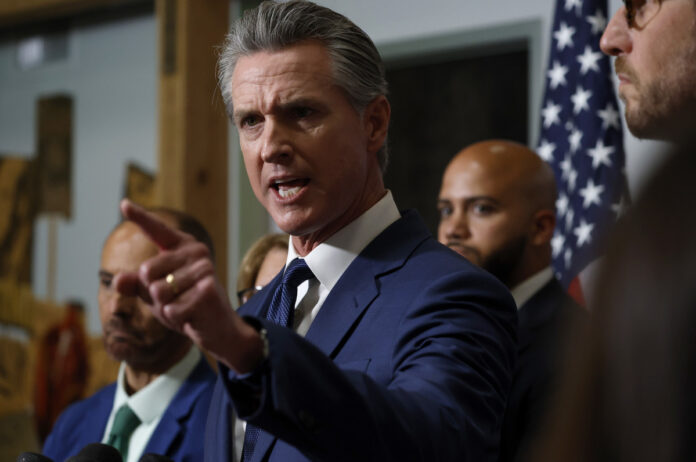California is turning its promise around
In a surprise announcement, California Governor Gavin Newsom announced that the State is backtracking on an earlier pledge to revive the state’s electric vehicle tax credits. The pledge was made in an effort to backfill the $7,500 federal EV tax credits set to expire at the end of this month.
During a news conference and public signing of six climate-related bills in San Francisco on Friday, September 19, Newsom stressed the need for California to counter the Trump administration’s “environmental injury” to the state. However, EV credits won’t be part of that; instead, they’ll be used on beefing up the state’s charging infrastructure.
“We can’t make up for federal vandalism of those tax credits,” Newsom said, per SFGATE. “There are billions and billions of dollars through 2045 in the cap-and-trade program that continue to make those infrastructure investments, but not the direct subsidies — that we cannot make up for — that were eliminated under the federal program.”
Getty Images
According to data from the Alliance for Automotive Innovation, a lobbying group representing most major automakers, California is the leading state in the United States for electric vehicle (EV) adoption. In 2024, California accounted for approximately 27% of all EV sales in the country. This recent development is beneficial for EV manufacturers such as Rivian, Hyundai, and Volkswagen, who have previously urged state leaders to establish a $5,000 EV incentive to help mitigate the impact of the federal rollback affecting the state’s EV buyers.
During his remarks at the California Academy of Sciences in San Francisco, Governor Gavin Newsom criticized Detroit Big Three automakers, particularly singling out General Motors and its CEO, Mary Barra. He accused Barra and GM of “selling out” California by actively working with Congress to oppose the state’s 2035 ban on the sale of new gasoline-powered vehicles. This initiative, known as Advanced Clean Cars II, was previously estimated by the California Air Resources Board (CARB) to reduce greenhouse gas emissions by more than 35%.
Despite this setback, the governor’s office indicated that California might be able to revive its EV subsidy program next year. State officials are considering using funds from the state’s carbon trading initiative, which generates hundreds of millions of dollars annually for environmental programs.
Getty Images
A complete 180
Governor Newsom’s September 19 announcement is a complete 180 from the pledge he made last year following the election, as the upcoming Trump administration made its intentions regarding electric vehicles clear. On November 25 last year, Newsom announced that California would reintroduce its former Clean Vehicle Rebate program if the then-President-Elect Trump followed through with plans to eliminate the federal EV tax credit. Previously, the program offered up to $7,500 to eligible state residents who met specific income requirements and wanted to purchase or lease an eligible EV.
By the time it was phased out in 2023, it provided over 66,000 rebates to low-income consumers at a cost of more than $354 million. According to data from the California Air Resources Board, the program helped fund the purchase of over 594,000 vehicles, saved more than 456 million gallons of fuel, and helped remove more than 3.9 million metric tons of carbon dioxide equivalent (CO2e) from the air.

Hyundai
“Consumers continue to prove the skeptics wrong – zero-emission vehicles are here to stay,” Newsom previously said. “We will intervene if the Trump Administration eliminates the federal tax credit, doubling down on our commitment to clean air and green jobs in California. We’re not turning back on a clean transportation future — we’re going to make it more affordable for people to drive vehicles that don’t pollute.”
Final thoughts
With the federal EV tax credit set to expire on September 30, EV sales are already ramping up. According to the latest data from Cox Automotive’s Kelley Blue Book, U.S. electric vehicle (EV) sales reached a new record in August, with 146,332 EVs sold, which indicates that EVs made up 9.9% of all new car sales during August 2025, the highest percentage to date. With the credit coming to an end, analysts believe that the current EV sales growth may be short-lived, and there could be some tough times ahead for fully electric cars in the U.S.
“We’re going to have a whipsaw effect,” said ISeeCars executive analyst Karl Brauer, as quoted by the Washington Post. “There’s no such thing as a free lunch.”
